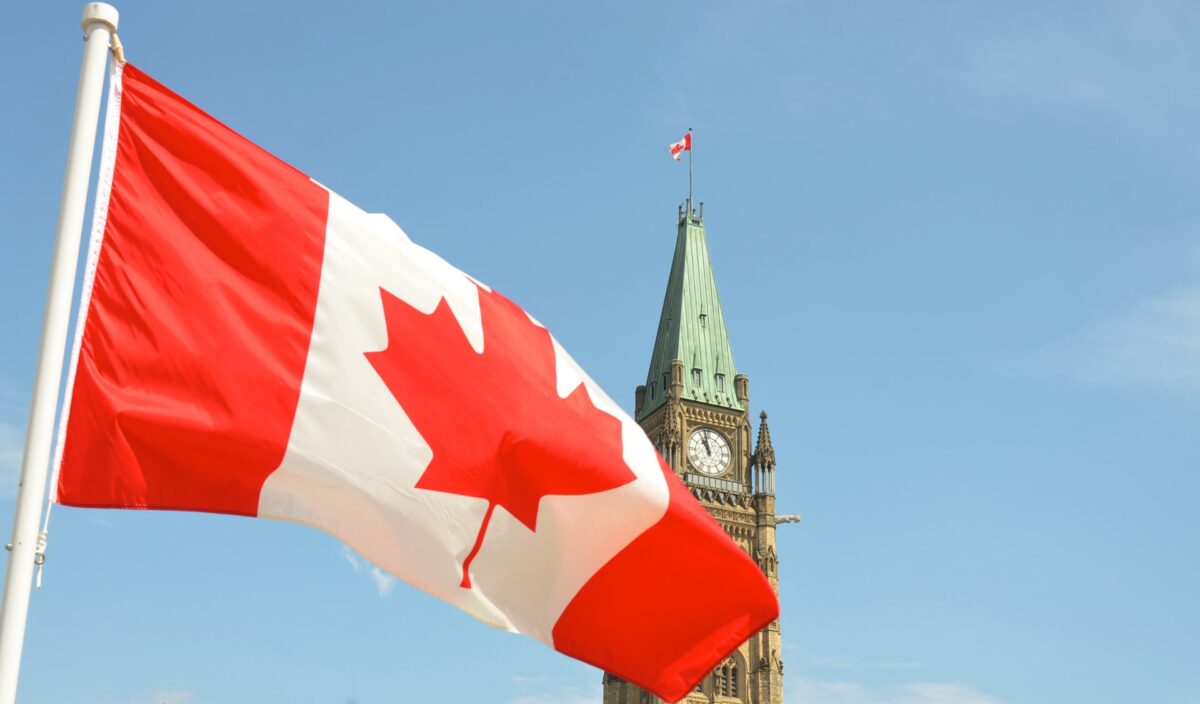From economic growth and global trade, to immigration and human rights, Canada is seen as a leader on the global stage for a number of issues. While most are positive, according to the Financial Post, Canada saw the “biggest jump in non-financial sector debt this year.” With pandemic spending, Canada also shows a large increase in household and non-financial corporate debt. However, we still remain strong leaders in the following valuable sectors.
Economic Growth
Economic growth is the increase of a nation’s production of goods and services as well as the gross domestic product (GDP) of its residents. Canada is often a leader in economic development in the G7 countries, which includes the world’s most advanced economies – Canada, France, Germany, Italy, Japan, the United Kingdom, the United States, and the European Union. Since 2017, Canada has consistently been in the top spot for economic growth.
Global Trade
Canada relies on international trade, which accounts for 65 per cent of its GDP, according to the Government of Canada. The country’s top-three exports are energy, motor vehicles/parts and consumer goods, which the government says account for 45 per cent of all the country’s exports. Canada’s top-three trading partners are the United States, the European Union and China, although trade was down slightly in 2020, due to COVID-19.
The Government of Canada has reported that the country has all the key ingredients for a “global trading hub” – including being located next to the United States (the world’s largest economy), its ports on both the Atlantic and Pacific oceans, and its highly educated and multicultural populations. Canada’s natural resources, agricultural and manufacturing industries (such as automotive and aerospace) are also keys to this country’s standing as a global leader.
Immigration
In 2019, approximately 340,000 new residents called Canada home, including almost 70,000 Syrian refugees, the highest number of immigrants in more than 100 years. These new residents are part of the one million people the government wanted within its borders by 2020.
Canada enjoys a reputation for being a welcoming and inclusive country, where people from a wide variety of cultures and ethnicities call the country home. About a fifth of its population was born elsewhere. It’s for that reason that many other countries – even those that also welcome new residents – turn to Canada for advice and “creative solutions” on how to make it work, as posted on the Toronto Region Immigrant Employment Council website.
Chief Filippo Grandi of The United Nations Refugee Agency (UNHCR) has commended Canada “for being a ‘champion’ of refugees with its farsighted and generous resettlement efforts.” Immigrants have helped Canada counteract the dual problem of its aging population and low birth rates, while increasing its economic growth. Many of its new residents are from India and many are highly skilled professionals. In addition, Canada hosts about 800,000 temporary workers and international students, according to the Council on Foreign Relations.
Furthermore, Canada has adopted the Feminist International Assistance Policy, which is aimed at doing more for refugee women and girls at risk. At least 95 per cent of Canada’s foreign aid helps improve the lives of women and girls.
Human Rights
Canada is an advocate of human rights and democratic governance issues within its borders and abroad. According to the government, the country has been a strong leader in the protection of rights, including those of women and refugees, since it helped draft the Universal Declaration of Human Rights in the 1940s. Key issues include gender equality; freedom of religion and belief; human rights against lesbian, gay, bisexual, transgender, and intersex (LGBTQ) individuals, and people with disabilities. Canada is known as a global leader through its work with the United Nations, the Commonwealth, La Francophonie, the Organization of American States, the G7 and the Organization for Security and Co-operation in Europe (OSCE).
COVID-19
Prime Minister Justin Trudeau was ranked very high among world leaders on how he handled the COVID-19 pandemic. Canada’s provincial premiers, however, were also ranked even higher in their handling of the pandemic. As a way to offer relief in response to COVID-19, the prime minster and premiers offered financial support to Canadians struggling to survive the pandemic. Canadian business leaders also stepped up to ensure that their employees and others were safe, donating to charities and evolving businesses to ensure Canadians had access to personal protective equipment (PPE) and other necessary items.
Canada was one of the first countries that purchased vaccinations for its citizens and is among the first countries to receive it, once approved. The majority of Canadians could be vaccinated by September 2021.
Canada-U.S. Border
Canada and the United States closed their shared border in March to prevent the spread of the corona virus. However, diplomatic trips and essential travel were still allowed. In late 2020, Canada chose to extend the closure of the border as COVID-19 cases in the U.S. continued to climb.
Environmental
Despite the dire warnings about the environment, Canada is still considered a global leader in its effort to protect the planet. According to a Fraser Institute report, which offered a ranking system of 33 high-income countries, Canada came in 10th place in a range of measures that included air and water quality, greenhouse gases and biodiversity. Canada was only three points behind third-place New Zealand, with Sweden ranking first.
Canada consistently ranks among the top countries in the world as a place to live because of its health care and public education systems, safety, solid job market and stable political system. It can also be included among leaders on the world stage for economic growth, global trade, immigration, human rights, COVID-19 response, the Canada-U.S. border, and the environment.
Lisa Day | Contributing Writer



















